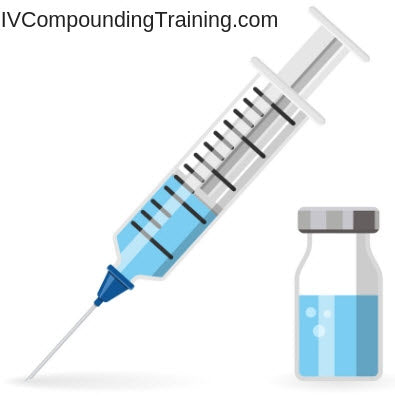Pharmacy Inspection Checklist
Preparing for a State Board of Pharmacy Inspection? Here's Your Comprehensive Checklist
Running a pharmacy successfully involves more than just dispensing medications; it requires meticulous adherence to regulatory standards set by the state board of pharmacy. Inspections can be daunting, but with the right preparation, you can ensure a smooth process. This article outlines a comprehensive checklist to help you get ready for an inspection, covering critical areas that inspectors typically review.
1. Licensing and Documentation
Ensure Proper Licensing
- Pharmacy License: Verify that your pharmacy license is current and prominently displayed.
- Pharmacist Licenses: Ensure all pharmacists and pharmacy technicians have valid, up-to-date licenses.
- Controlled Substance Registration: Check that your DEA registration is up-to-date.
Maintain Accurate Records
- Prescription Records: Keep detailed and organized prescription records, including electronic records.
- Inventory Records: Maintain accurate inventory logs for all medications, especially controlled substances.
- Employee Records: Document training, certifications, and employment history of all staff members.
2. Medication Management
Inventory Control
- Stock Management: Ensure proper rotation of stock to prevent expired medications.
- Controlled Substances: Implement stringent controls and regular audits for Schedule II-V drugs.
Storage Conditions
- Temperature and Humidity: Monitor and document storage conditions to ensure compliance with manufacturer recommendations.
- Security: Secure all medications, with special emphasis on controlled substances.
3. Pharmacy Operations
Standard Operating Procedures (SOPs)
- Written SOPs: Have comprehensive SOPs for all pharmacy operations, including dispensing, compounding, and patient consultations.
- Employee Training: Ensure all staff are trained and familiar with the SOPs.
Dispensing Practices
- Patient Safety: Implement double-check systems to prevent dispensing errors.
- Counseling: Document patient counseling sessions and ensure all patients receive necessary information about their medications.
4. Compliance with Laws and Regulations
Controlled Substances Act
- Compliance: Adhere strictly to the guidelines for prescribing, dispensing, and documenting controlled substances.
- Reporting: Report any theft or significant loss of controlled substances immediately to the DEA and local authorities.
HIPAA Compliance
- Patient Privacy: Ensure all patient information is kept confidential and secure.
- Training: Regularly train staff on HIPAA regulations and conduct periodic compliance checks.
5. Facility Standards
Cleanliness and Maintenance
- Sanitation: Maintain high standards of cleanliness in all areas of the pharmacy.
- Equipment Maintenance: Regularly service and calibrate all equipment used in the pharmacy.
Accessibility
- ADA Compliance: Ensure the pharmacy is accessible to all patients, including those with disabilities.
6. Emergency Preparedness
Emergency Protocols
- Emergency Procedures: Have clear procedures for emergencies, including power outages, natural disasters, and security threats.
- Staff Training: Regularly train staff on emergency protocols.
How We Can Help
Preparing for a state board of pharmacy inspection can be overwhelming, but you don't have to do it alone. Our services include:
- Customized Checklists: Tailored checklists specific to your pharmacy's needs.
- Mock Inspections: Conducting mock inspections to identify and rectify potential issues.
- Training Programs: Comprehensive training for your staff on regulatory compliance and best practices.
- Documentation Review: Thorough review and organization of all necessary documentation.
- Consultation Services: Ongoing support and consultation to ensure continuous compliance.
By partnering with us, you can approach your inspection with confidence, knowing that every detail has been meticulously addressed. Contact us today to schedule a consultation and take the first step towards a successful pharmacy inspection.
Note: This checklist is intended as a general guideline. Always refer to your specific state board of pharmacy's requirements for detailed regulations and standards.
